Hi everybody, I'm in the behavioral sciences. I don't want to dox myself but my work has been covered, cited, and taught in a few classrooms. Anyway I noticed something a few years ago from behavior that happened to also apply to how money can appear in society, and I couldn't resist working on and formalizing it even though I'm not an economist and don't know any. But this is pretty relevant to the arguments people have about bitcoin and how it supposedly lacks "intrinsic value." Anyway here's a brief outline.
- People have made different claims for where money's value comes from. Some say government fiat, but government can't control money when it hyperinflates. Some have said trust, or that money is useful because you can use it as money, but these take a form of circular logic. They don't explain why the first people want forms of money before they're widely known or anyone wants to trade for them. To counter this, some people have pointed out that money starts out as something practically useful, like wheat or cigarettes in prison, that then gets traded. But gold didn't have practical use before things like electroplating or dentistry, but was still valued. And even the beauty of gold doesn't explain why other beautiful things, like crystals or pyrite, didn't have the same value. And likewise, bitcoin has no appearance or supposed practical use at all. But it turns out the desire for it is based on real value, like so...
- People have a tendency to keep scarce and unfamiliar items, since they might be potentially useful, in the same way we keep knick-knack drawers at home. And having those items means that the person was either able to go to unfamiliar territories to find them, meaning they had more capability than average, or they acquired the item through force or treachery from someone who had gone there, meaning they still were more capable than average. Because of that higher capability and those items sometimes turning to genuinely be more useful (like making sharper weapons), these people survived more often than average.
- These people also had friends and mates, who were more likely to survive as well because they were with someone who was more capable than average and they had items that sometimes were more useful as well.
- As a result, people over time developed an instinct to want scarce items and to want to be around people who had scarce items. People then would display their scarce items as well as a sign of capability, and sometimes give those scarce items to others to show that they are allied with capable people or capable themselves.
- The scarce items that were durable (could be displayed longer), evenly divisible (so they could be smaller gifts or represent smaller amounts of value), hard to fake (so they were more reliable as signs of fitness) and transferable and so on got traded around more often and eventually became what we call money.
- Bitcoin has an instinctive attraction to people who know about its programmed scarcity for the same reason we are attracted to any other item we know is scarce. And this attraction is based on real survival value (having scarce items shows capability still today) and thus bitcoin has a real basis for why people want it. On top of, of course, now being useful for trade.
What I like about this is that, in addition to showing why money without "practical use" actually is still based on real value, it indicates that you don't need government or some organizer to create or force "trust" or "agreement" among people for any form of money to exist. It simply occurs on its own if it has the necessary traits. And even if people don't agree or think a form of money isn't valuable, we'll still evolve those urges over time (and thus our interest and use of money) because people have real reason to keep scarce items, and the value they provide in their use and what they show about someone's fitness is real as well and will effect our evolution.
Anyway I'm asking people who have a background in economics and the related theories what they think about this, and would appreciate any feedback someone has. I have drafted a couple preprints on this that go into a lot more detail on it, and I may publish it if it does turn out to have any use.
[link] [comments]

You can get bonuses upto $100 FREE BONUS when you:
💰 Install these recommended apps:
💲 SocialGood - 100% Crypto Back on Everyday Shopping
💲 xPortal - The DeFi For The Next Billion
💲 CryptoTab Browser - Lightweight, fast, and ready to mine!
💰 Register on these recommended exchanges:
🟡 Binance🟡 Bitfinex🟡 Bitmart🟡 Bittrex🟡 Bitget
🟡 CoinEx🟡 Crypto.com🟡 Gate.io🟡 Huobi🟡 Kucoin.

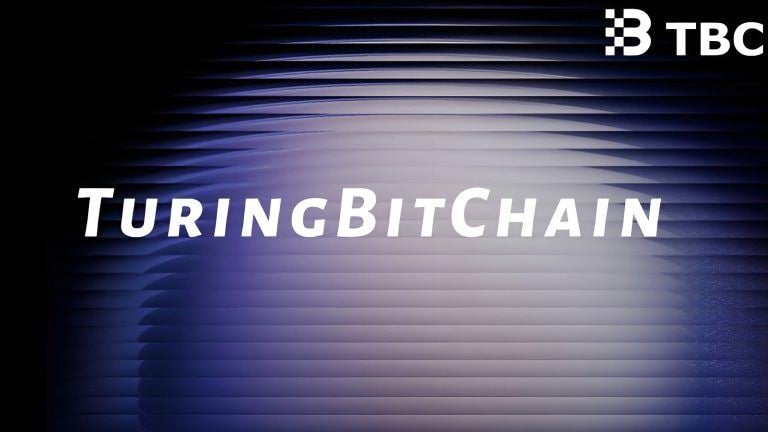
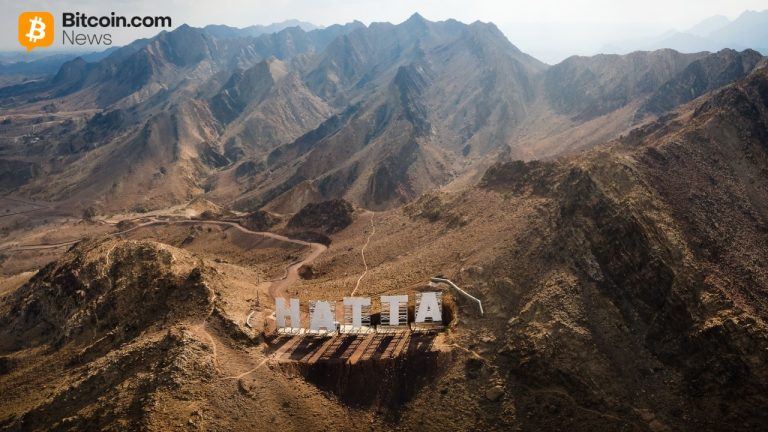


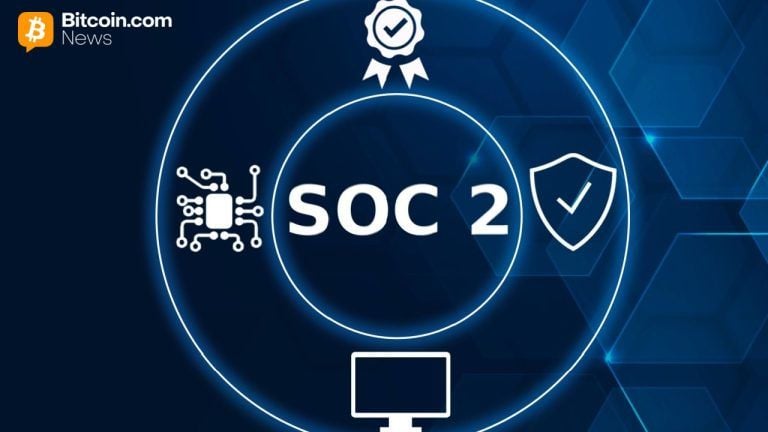
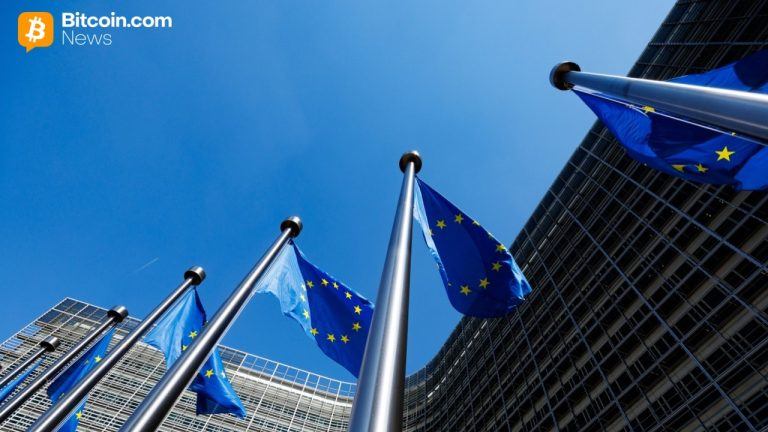
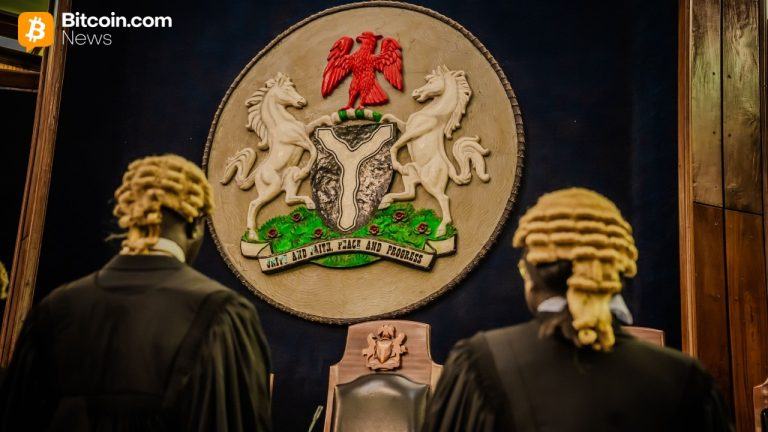
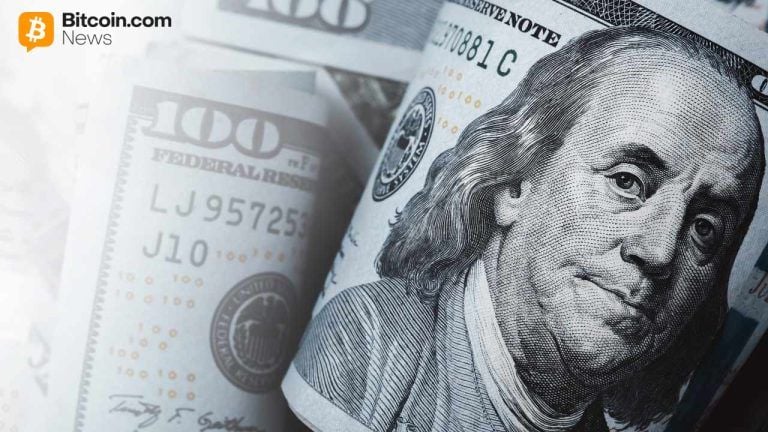







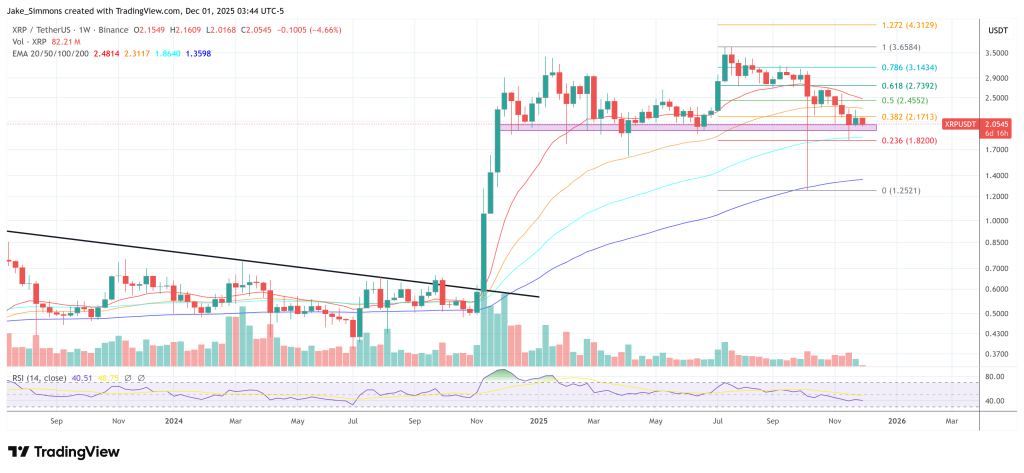
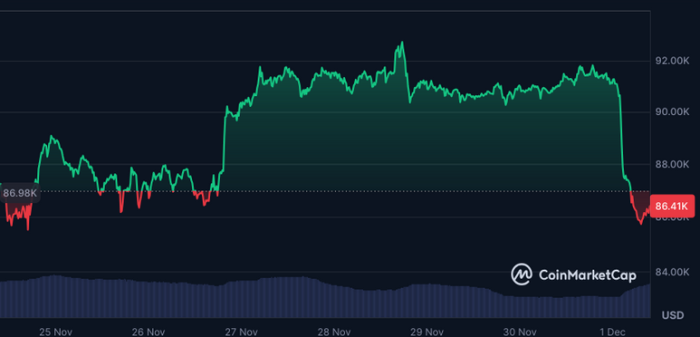


Comments